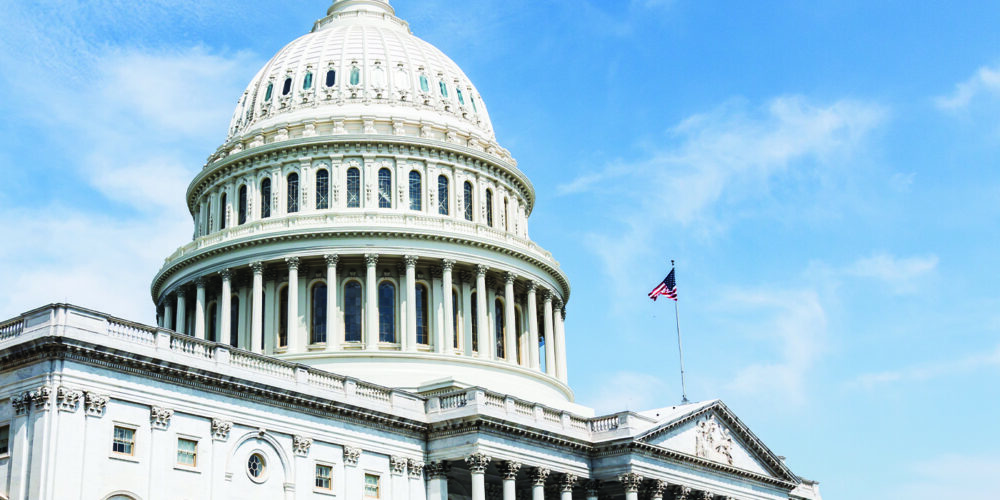SACRAMENTO, Calif. – The California brake pad reformulation bill (SB 346) was signed into law yesterday by Gov. Schwarzenegger.
SB 346 was introduced into the California Legislature by Senator Kehoe (D-San Diego) in early 2009. At that time, the bill sought to limit copper content in brake friction materials and also required at least a $1 fee on each axle pad set sold, which would be collected by retailers and installers with no guarantee that the fee would not increase. The bill also sought to impose penalties for non-compliance upward of $10,000 per violation.
According to the California Automotive Wholesalers’ Association (CAWA) and the Automotive Aftermarket Industry Association (AAIA), the bill as originally drafted would have banned copper in brake pads without a rational framework for reformulation, potentially jeopardizing the safety of the motoring public.
Since that time, negotiations with stakeholders and Senator Kehoe’s office have concluded fruitfully, according to the associations, successfully addressing the industry’s key concerns and subsequent removal of industry opposition. Key among CAWA and AAIA concerns was the removal of the brake pad fee and retailer and installer collection points.
“CAWA and AAIA worked with an industry-wide coalition that included the Motor and Equipment Manufacturers Association (MEMA), both domestic and international vehicle manufacturer alliances, friction material manufacturers, the retailers’ association and the repair industry,” said Rodney Pierini, CAWA president and CEO. “The resulting bill was the result of a strong commitment by the environmental community water agencies, vehicle manufacturers and the aftermarket to work through our differences and develop a workable process for reducing copper in brake pads that ensures consumer safety and minimizes the economic impact on small businesses.”
The amended legislation now requires a two-step reduction in friction material copper content to no more than 5 percent after 2021 and no more than five-tenths of 1 percent after 2025. It also exempts friction materials for use on vehicles manufactured prior to the above compliance dates — otherwise known as a legacy vehicle exemption; and creates an advisory board to review applications for and a process to follow for vehicles manufactured after the compliance dates that will not be able to meet the deadlines — otherwise referred to as an “offramp.” The bill also gives regulators discretion in the enforcement of the bill’s provisions if there is evidence that any violation was inadvertent. The only fee in the bill now is for vehicle manufacturers that may need to participate in the offramp review process.
Specifically, SB 346 calls for:
· Copper in brake friction materials sold in California to contain no more than 5 percent copper beginning Jan. 1, 2021, and no more than 0.5 percent copper beginning Jan. 1, 2025.
· A timeline that would allow manufacturers of replacement brake friction materials to deplete their non-compliant inventory.
· The creation of an advisory committee to assess alternatives to 0.5 percent copper and an extension process for manufacturers if alternatives are not yet available.
· No fees other than an assessment to help pay for the costs of administering extension requests.
· An exemption for brake friction materials used for certain motor vehicle classes, as well as an exemption on the sale of vehicles or brake friction materials manufactured prior to certain dates.
· Requirements to ensure that alternatives to copper do not create unintended environmental or human health impacts.
“We are pleased that our industry issues were resolved in a collaborative and collegial way that allows the aftermarket a rational pathway to compliance,” said Aaron Lowe, vice president, government affairs for AAIA. “While challenges lie ahead for the aftermarket in meeting the aggressive goals established in this bill, we are committed to moving forward in reducing copper in brake pads.”
“When we set out months ago, we faced a complicated technical situation involving multifaceted businesses and several environmental interests. We knew that in this situation, we needed to work with a scalpel, not a hatchet,” said Steve Handschuh, AASA president and COO. “By coming together, we worked out legislation that addresses California-specific needs and puts the safety of California drivers first.
“Especially with an uncertain economic future, thankfully we were able to create legislation that mitigates negative economic impacts to business and provides a more manageable approach to the removal of copper from brake pads,” Handschuh said. “We can now put the negotiations behind us and put our attention on implementing the changes.”










